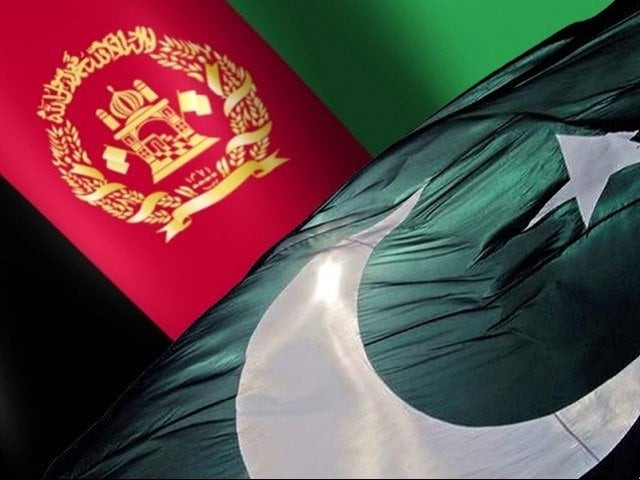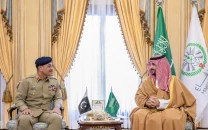Blaming Pakistan for failure of others no solution
Experts urge all stakeholders to bridge the trust deficit

PHOTO: FILE
This was stated by speakers while speaking at a special seminar on ‘Western engagements in Afghanistan’. The seminar had been organised by the Sustainable Development Policy Institute (SDPI) on Monday.
Islamabad, Kabul renew push for peace
David Vestenskov, Consultant Institute of Military Operations of the Royal Danish Defense College sought to provide an allegory with the Danish Stabilisation Programme on trust-building as he emphasised on increased cooperation between Kabul and Islamabad.
He said that only a region-led and region-owned peace process can provide a sustainable solution for a peaceful and stable Afghanistan.
The first step in that regard is to improve and strengthen relations between the two neighbours.
While Pakistan continues to play a supportive role in promoting peace in the region, the key to a socio-economically stable Afghanistan lies in the sustained engagement of the West, Vestenskov said.
He added that Afghanistan’s other neighbours have an immense potential to contribute to the welfare of the people in a war-torn country. The coordination between the west and neighbouring countries of Afghanistan to reach a shared vision for the entire region needs to be strengthened, he added.
Strategic Vision Institute (SVI) Senior Research Fellow Dr Talat Farooq said that trust was the main currency in such ties, but they were in very short supply in the region.
Hence, she said, there was first a need to bridge the trust deficit amongst all the stakeholders through constructive engagements and respect.
The pursuit of beauty in war-torn Kabul
At the same time, she warned that holding Pakistan responsible for someone else’s failure in Afghanistan was factually wrong, irresponsible and not going to help the Afghan peace process.
“Pakistan should be engaged constructively and should be treated as a sovereign state,” she added.
Quaid-i-Azam University Defense and Strategic Study Department Assistant Professor Dr Salma Malik said that a peaceful, stable and democratic Afghanistan society is in everyone’s interest and Pakistan’s peace and stability was quite dependent on peace and stability in Afghanistan.
She said the Afghan government and the international community has to realise their responsibility of ensuring stability in the country, instead of blaming Pakistan for their own failures.
SDPI’s Joint Executive Director Dr Vaqar Ahmed said that it was important to create economic interdependencies between Afghanistan and Pakistan, where mega infrastructure projects such as the Turkmenistan-Afghanistan-Pakistan-India (TAPI) pipeline, Central Asia-South Asia (CASA)-1000 electricity project are important for economic growth and trade prospects in the region.
Taliban reject pleas by Afghan elders for a ceasefire extension
He said both countries need to revise the old Afghanistan-Pakistan Transit Trade Agreements and also move towards signing preferential trade accord.
Bilateral trade promotion will also require close cooperation of border-related services including security and customs staff while road and rail linkages between the two countries can lead to upscaling of bilateral trade.
“Pakistan also needs to think how best it can offer dividends of CPEC to Afghanistan,” he added.
Published in The Express Tribune, June 26th, 2018.



















COMMENTS
Comments are moderated and generally will be posted if they are on-topic and not abusive.
For more information, please see our Comments FAQ